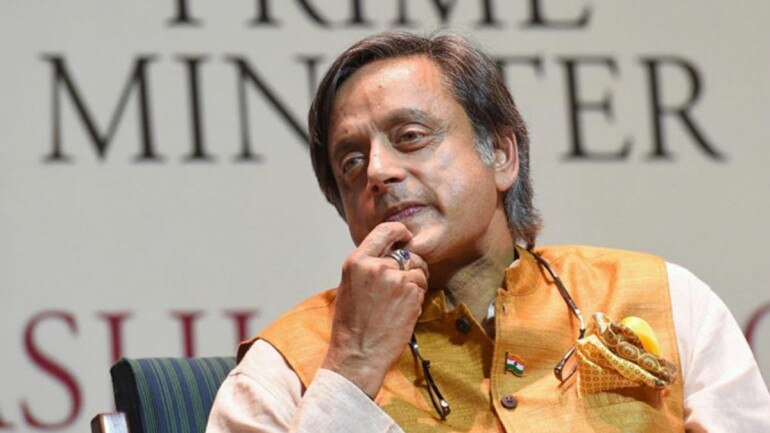
Tharoor raises concerns with PM about repatriation of Indians stranded abroad
Senior Congress leader Shashi Tharoor has raised concerns with Prime Minister Narendra Modi over certain protocols for repatriation of Indians from abroad, like charging the expatriates, especially the blue collar workers, for the return journey.

Senior Congress leader Shashi Tharoor has raised concerns with Prime Minister Narendra Modi over certain protocols for repatriation of Indians from abroad, such as the requirement of a COVID-19-free certificate and charging the expatriates, especially the blue collar workers, for the return journey.
In a letter to the prime minister, Tharoor expressed appreciation for the central government for “finally deciding to address the plight” of Indians stranded abroad by commencing the process of repatriation from May 7 onwards.
Tharoor raised several concerns including the difficulties faced by Indian citizens in submitting COVID-19 test results.
The Civil Aviation Minister had said on Tuesday (May 5) that Air India will operate 64 flights from May 7 to May 13 to bring back around 15,000 Indian nationals stranded abroad amid the COVID-19-induced lockdown.
“A key consideration that a number of our expatriates have already expressed strong concern over is that of the mandatory submission of COVID-19 RT PCR Test results prior to their departure back to India,” he said in the letter also marked to External Affairs Minister S Jaishankar and Civil Aviation Minister Hardeep Singh Puri.
Related news | Indians allowed to travel abroad on evacuation flights for emergency cases
“While one is not disputing the merits of this requirement, the practical and logistical challenge of securing such certification should not be overlooked,” Tharoor said, highlighting issues such as limited testing facilities in the countries the expatriates are currently based in, transport-related challenges of travelling to a public healthcare facility to undertake this test, as well as the financial constraints.
“I would urge our government to look at a number of potential remedies such as transporting testing kits to these countries on our aircraft, along with a small but qualified team of medical professionals that can help with the testing of our citizens,” he said.
The utility of such certificates is in any case limited by the fact that many carriers may be asymptomatic, he said, adding that the obvious solution, of quarantining them on arrival in India, should suffice.
Tharoor also raised the issue of charging expatriates for their return back to India. Some news reports have suggested that an individual based in the Gulf Cooperation Council (GCC) region, would have to pay between ₹30,000 – 40,000 to return back to the country, Tharoor said.
While the commercial charges have not yet been released, there is a strong case for the government to reconsider its position, especially for blue-collar workers, those who have been laid off and are currently without employment and those with limited financial resources, the MP from Thiruvananthapuram said.
Related news | Bodies of Indians who die abroad due to COVID can be brought back: MHA
He urged the government to strongly reconsider the existing decision and come up with a suitable alternative, particularly catering to the more financially vulnerable expatriates. “To this end, the government could explore allocating funds from the PM-CARES corpus, the Indian Community Welfare Fund maintained by our Embassies in these countries or work out a suitable formula for cost-sharing with state governments,” he said.
Tharoor also called for re-thinking existing definitions for individuals meriting priority evacuations.
He said there was a need to include those with mental and physical disabilities on the priority list, along with one caregiver.
Tharoor said it was important to address certain fundamental concerns so that these operations can ensure that Indian expatriates are brought back to their country in a “humane, considerate and sustainable manner”.

